Protect your family from respiratory illnesses. Schedule your immunization here >

Ranked nationally in pediatric care.
Arkansas Children's provides right-sized care for your child. U.S. News & World Report has ranked Arkansas Children's in seven specialties for 2025-2026.

It's easier than ever to sign up for MyChart.
Sign up online to quickly and easily manage your child's medical information and connect with us whenever you need.

We're focused on improving child health through exceptional patient care, groundbreaking research, continuing education, and outreach and prevention.

When it comes to your child, every emergency is a big deal.
Our ERs are staffed 24/7 with doctors, nurses and staff who know kids best – all trained to deliver right-sized care for your child in a safe environment.

Arkansas Children's provides right-sized care for your child. U.S. News & World Report has ranked Arkansas Children's in seven specialties for 2025-2026.

Looking for resources for your family?
Find health tips, patient stories, and news you can use to champion children.

Support from the comfort of your home.
Our flu resources and education information help parents and families provide effective care at home.

Children are at the center of everything we do.
We are dedicated to caring for children, allowing us to uniquely shape the landscape of pediatric care in Arkansas.

Transforming discovery to care.
Our researchers are driven by their limitless curiosity to discover new and better ways to make these children better today and healthier tomorrow.

We're focused on improving child health through exceptional patient care, groundbreaking research, continuing education, and outreach and prevention.

Then we're looking for you! Work at a place where you can change lives...including your own.

When you give to Arkansas Children's, you help deliver on our promise of a better today and a healthier tomorrow for the children of Arkansas and beyond

Become a volunteer at Arkansas Children's.
The gift of time is one of the most precious gifts you can give. You can make a difference in the life of a sick child.

Join our Grassroots Organization
Support and participate in this advocacy effort on behalf of Arkansas’ youth and our organization.

Learn How We Transform Discovery to Care
Scientific discoveries lead us to new and better ways to care for children.

Learn How We Transform Discovery to Care
Scientific discoveries lead us to new and better ways to care for children.

Learn How We Transform Discovery to Care
Scientific discoveries lead us to new and better ways to care for children.

Learn How We Transform Discovery to Care
Scientific discoveries lead us to new and better ways to care for children.

Learn How We Transform Discovery to Care
Scientific discoveries lead us to new and better ways to care for children.

Learn How We Transform Discovery to Care
Scientific discoveries lead us to new and better ways to care for children.

When you give to Arkansas Children’s, you help deliver on our promise of a better today and a healthier tomorrow for the children of Arkansas and beyond.

Your volunteer efforts are very important to Arkansas Children's. Consider additional ways to help our patients and families.

Join one of our volunteer groups.
There are many ways to get involved to champion children statewide.

Make a positive impact on children through philanthropy.
The generosity of our supporters allows Arkansas Children's to deliver on our promise of making children better today and a healthier tomorrow.

Read and watch heart-warming, inspirational stories from the patients of Arkansas Children’s.

Hello.

Arkansas Children's Hospital
General Information 501-364-1100
Arkansas Children's Northwest
General Information 479-725-6800

Heart Institute Team
A unified approach to care with a singular purpose.
At Arkansas Children’s Heart Institute, we believe that a multidisciplinary approach is the best way to manage both acquired and congenital heart conditions—not just in terms of a patient’s health but their overall quality of life. That’s why our pediatric specialists work closely to develop the best care plan for each child. From diagnosis to imaging to treatment to aftercare and follow-up monitoring, this tightly integrated team provides a seamless and complete experience. As these children grow into adulthood, the care team helps them transition into our Adult Congenital Heart Disease Program for continuity of care.
Arkansas Children's Hospital is verified as a Level 1 Children’s Surgery Center by the American College of Surgeons.
-
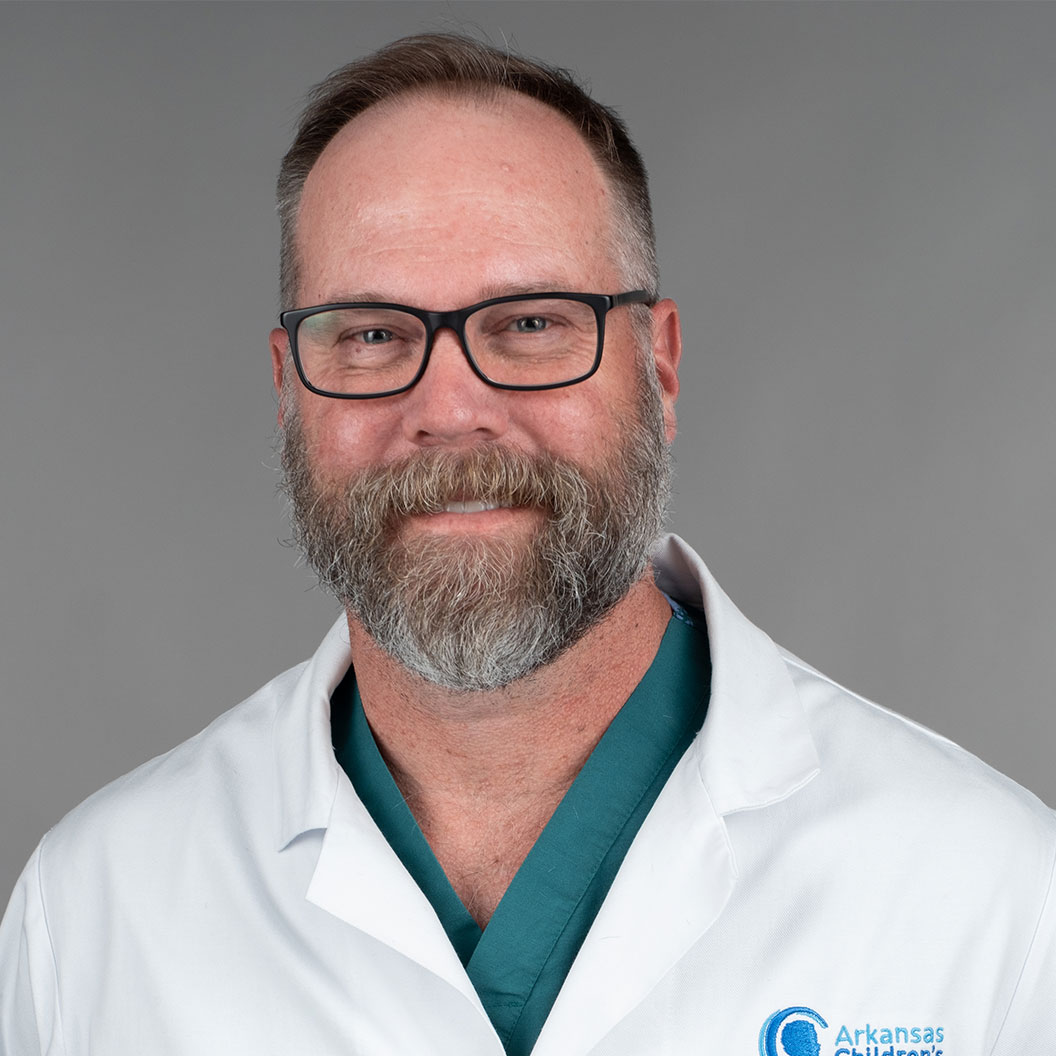
Brian Reemtsen, MD
Cardiothoracic Surgery
Little Rock -
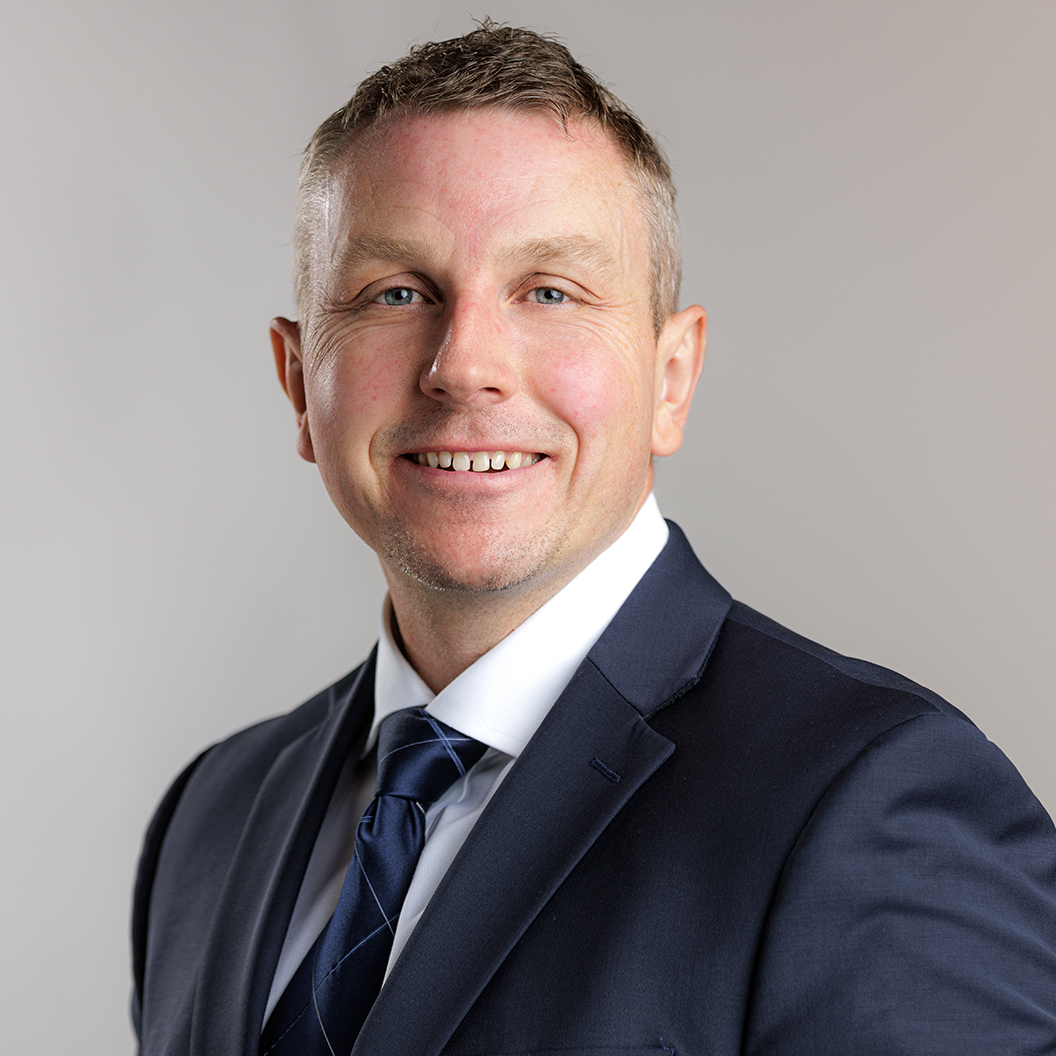
Lawrence Greiten, MD
Cardiothoracic Surgery
Little Rock
The pediatric cardiovascular surgical program features state-of-the-art surgical care for children and adults with congenital heart disease, balanced with utmost compassion and hope. Although our focus is on patients from the south central United States, our pediatric cardiovascular services reach beyond those boundaries to a nationwide and even international level. From the tiniest of neonates with the most complex cardiac malformations to continuing-care adults with conditions present since birth, our outcomes and results are unexcelled anywhere.
Expert Heart Care in Arkansas for Every Child at Every Age
Caring for patients with congenital heart defects means caring for people of all ages. In fact, our successes mean there are many more adults living with congenital heart disease. This has led us to develop a new field of practice focusing on those adult survivors. Our practice includes:
- Cardiac Care for the Unborn Child - It is not uncommon to find cardiac defects before a baby is born. A detailed ultrasound of an unborn baby may reveal a heart problem. The only specially trained fetal echocardiographers in Arkansas are at Arkansas Children's. A variety of defects and rhythm problems can be identified ahead of time so that high-risk deliveries may be anticipated.
- Arkansas Cardiology Care for Newborn Infants - Some newborns have defects in heart valves, holes in the walls of the heart (septal defects) or abnormal connection of large blood vessels from the heart (patent ductus arteriosus). Others have weaknesses in heart muscle, coronary arteries, and heart chambers. Still, others have lung artery abnormalities and heart murmurs. Sometimes these problems only require medication for treatment. In more severe cases, surgical intervention is necessary.
- Cardiac Care for Infants and Children - Older children can have many of the same problems as infants. Some need a follow-up visit with a cardiologist after having a heart operation or to correct a cardiac defect. Rarer afflictions include rheumatic fever, Kawasaki's Disease, Down's Syndrome, Marfan Syndrome or DiGeorge Syndrome. Rhythm problems, dizziness or syncope (fainting or losing consciousness) are common within this age group.
- Arkansas Cardiology Care for Adolescent and Adults - Heart defect cases originating in childhood are followed and cared for by pediatric cardiology doctors. This unique group of patients requires specialized knowledge of childhood heart disease as it affects them with age. This is particularly important if surgery may be needed or rhythm problems develop.
-
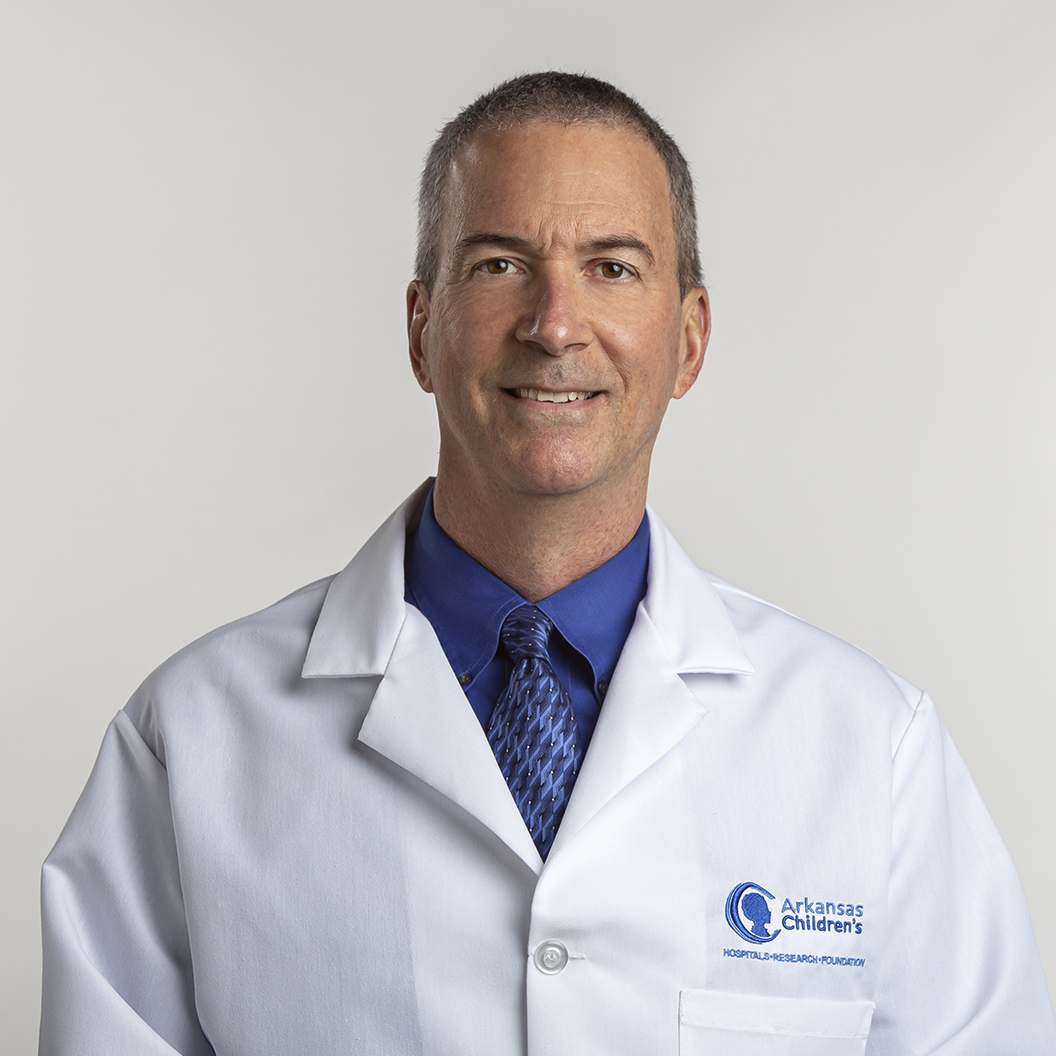
-
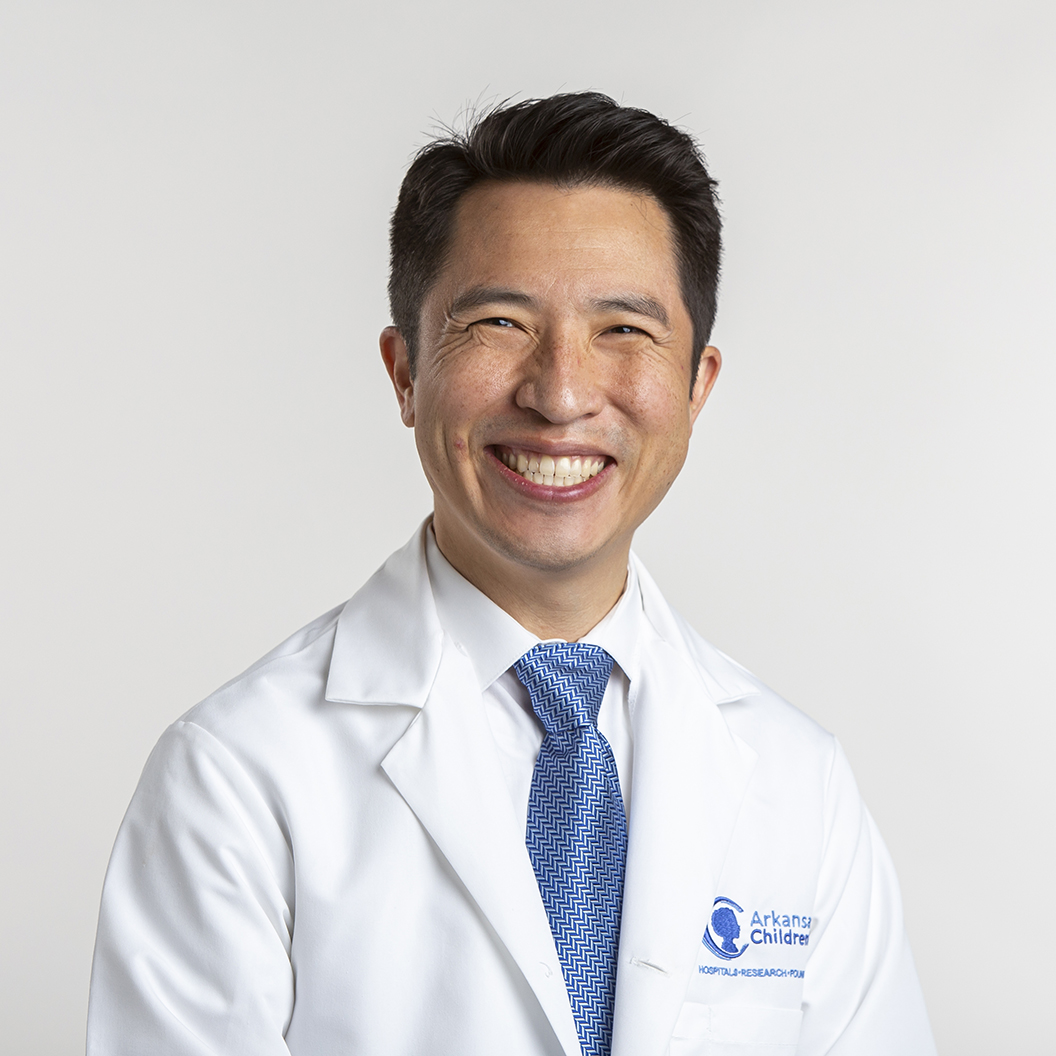
Michael Angtuaco, MD
Cardiology
Little Rock, Springdale -
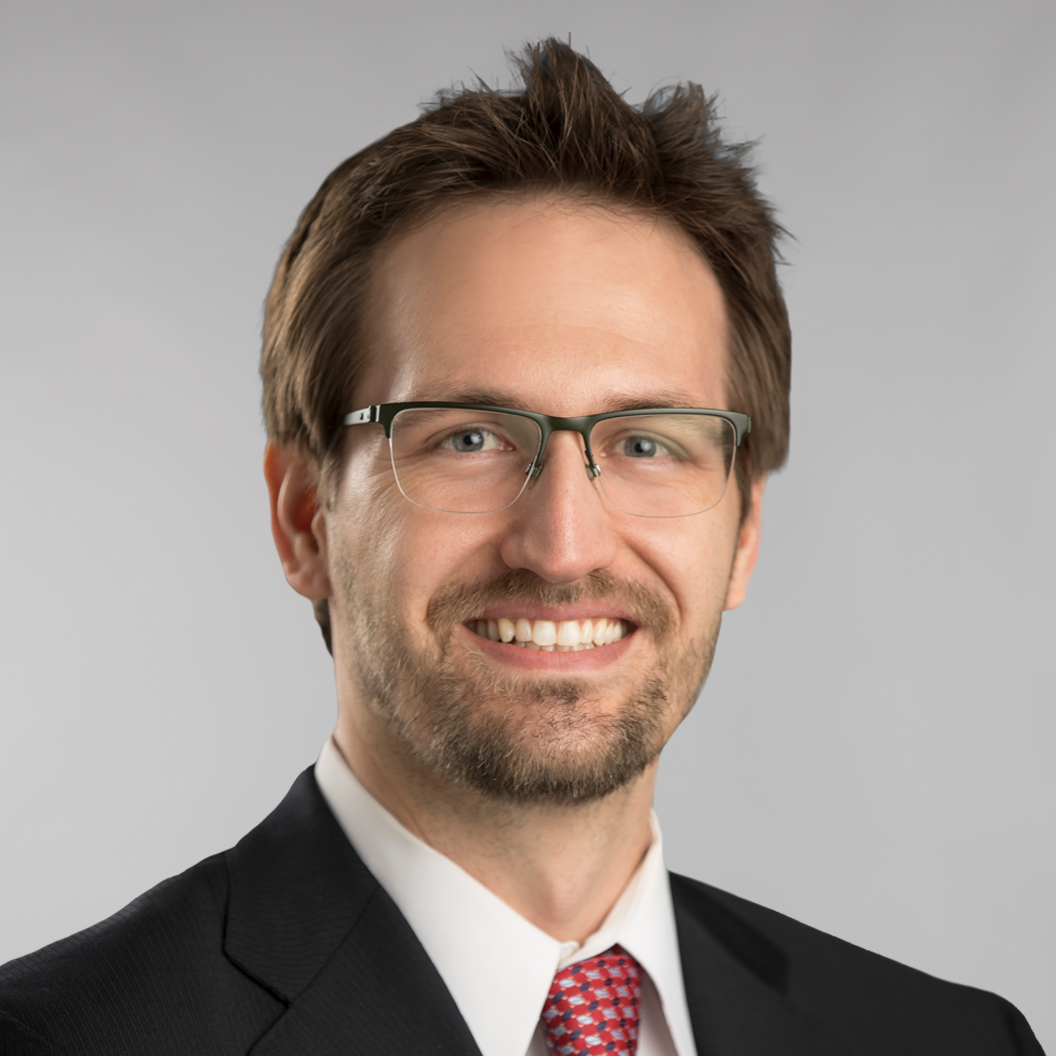
The Arkansas Children's Hospital's Cardiovascular Anesthesia team has the training and experience to focus on the specific needs of patients and manage a range of complex cardiac issues. For patients with heart disease, the pediatric cardiac anesthesiologist has a central role in coordinating team-based surgical care.
The cardiac anesthesiologist:
- monitors physiologic parameters;
- protects vital organ function;
- controls blood coagulation;
- and reduces the inflammatory response to cardiopulmonary bypass.
Each part of the surgical procedure requires specific attention, including poor heart function before transplantation, the monitoring during cardiopulmonary bypass, or assisting the patient's heart in separating from cardiopulmonary bypass. The cardiac anesthesiologist has the ability to monitor the patient's overall well-being, thereby helping to create the optimal environment for a successful cardiac repair procedure, or any other type of procedure on a cardiac patient.
-
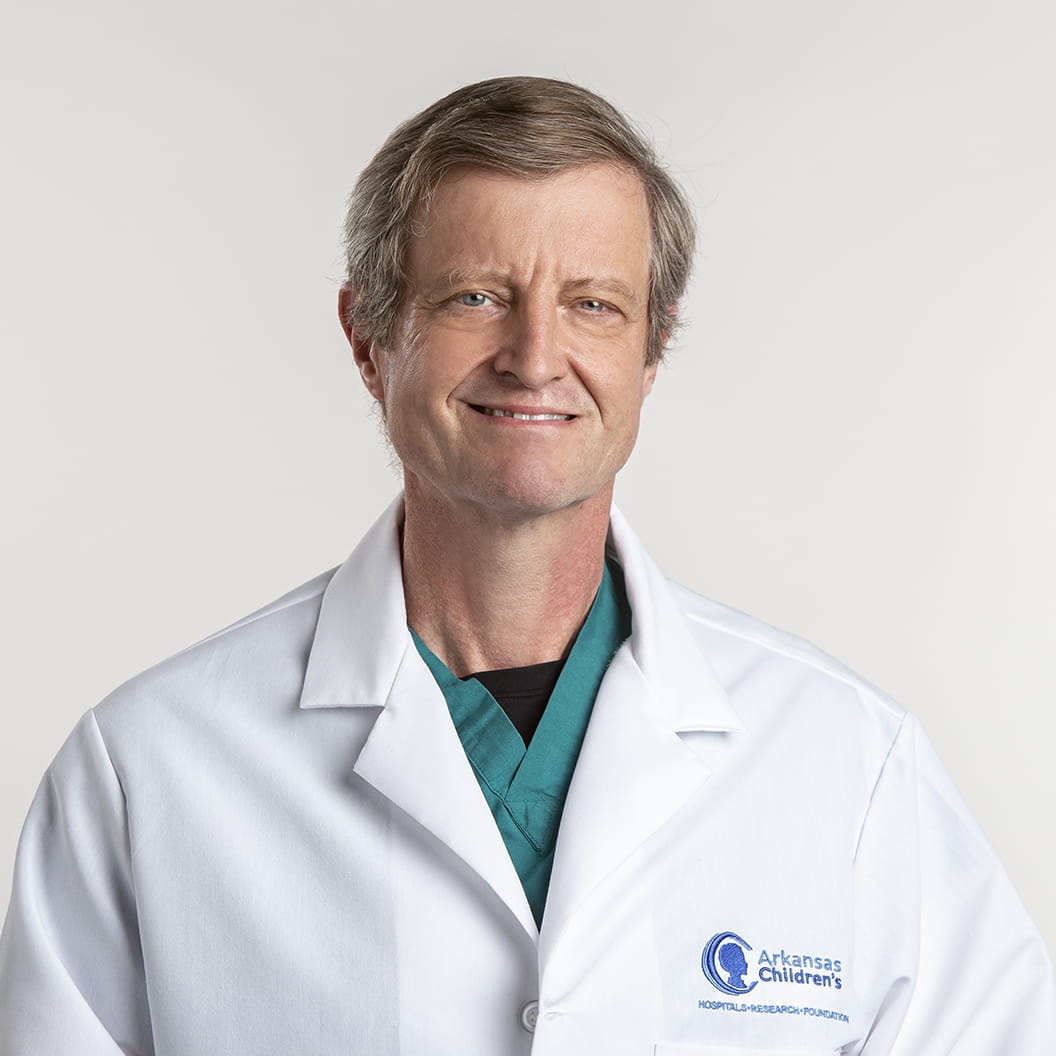
Michael Schmitz, MD
Pediatric Anesthesiology
Little Rock, Springdale -
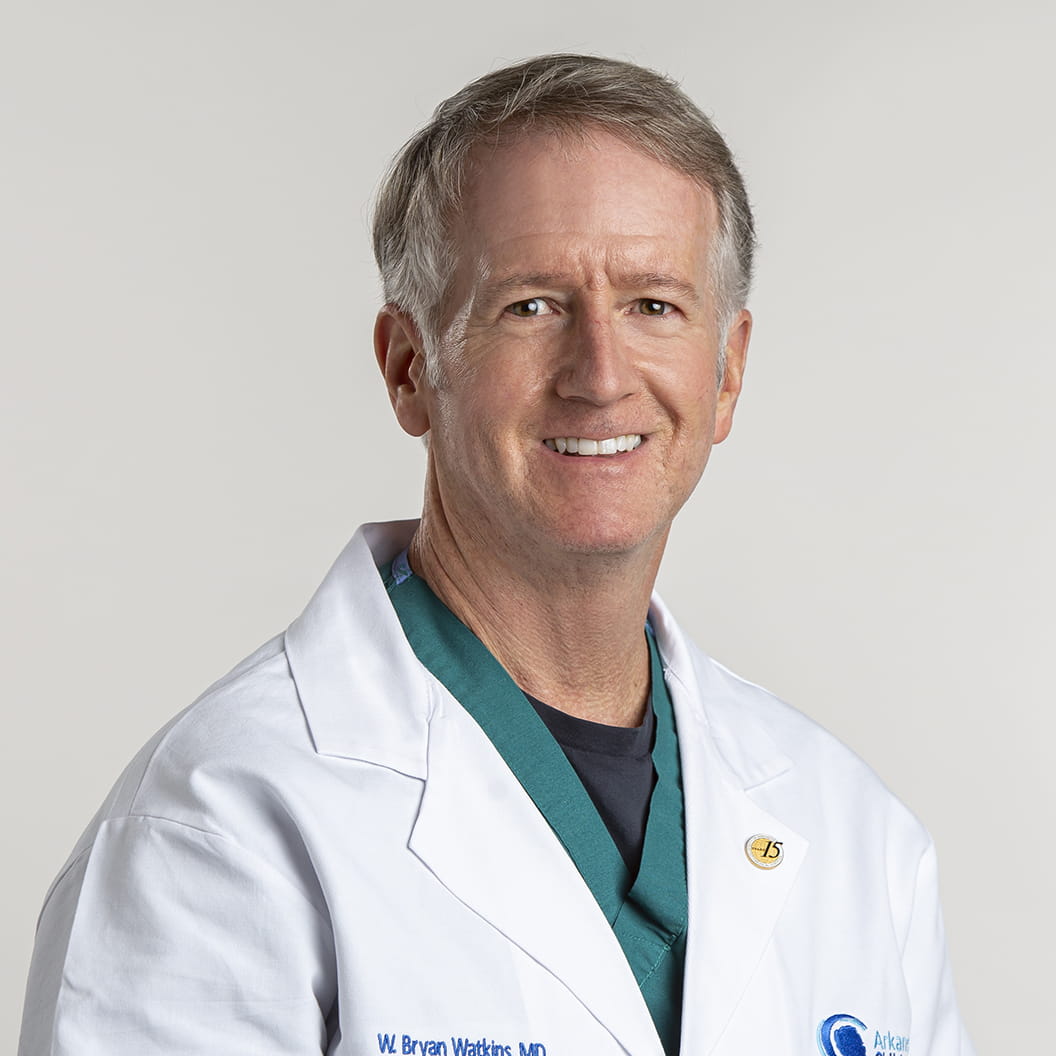
Bryan Watkins, MD
Pediatric Anesthesiology
Little Rock
All the support you need in one place
Congenital heart disease is often a bigger challenge than just the heart itself. That’s why our approach to cardiac care includes everything from social workers to nutritionists to neurologists. These additional resources are often critical to supporting the patient in every aspect of their lives—and we offer them all under one roof at the Arkansas Children’s Heart Institute.
-
Hospital Services
Nutrition
Bookmark NutritionChildren with congenital heart disease are often affected by growth and development issues, from high metabolism to malabsorption. Counseling by registered dietitians helps with feeding problems and dietary management over time.
-
Hospital Services
Social Work
Bookmark Social WorkOur Social Workers are able to link families with community resources for a number of supportive services including language assistance.
-
Hospital Services
Respiratory Therapy
Bookmark Respiratory TherapyOur respiratory therapists (RT) are specially trained in the complex pulmonary needs of the cardiac patient. They support lung function as the patient recovers. -
Hospital Services
Occupational Therapy
Bookmark Occupational TherapyThis program helps patients and caregivers regain or develop the necessary skills to maximize functional independence and participation whether they’re at home, work, school or out in the community. -
Hospital Services
Physical Therapy
Bookmark Physical TherapyOur physical therapy team helps patients enhance development, improve movement patterns, and restore mobility resulting from illness or injury. -
Hospital Services
Child Life
Bookmark Child LifeChild Life reduces stress and promotes positive coping using developmentally appropriate preparation, education, and play at Arkansas Children's.
-
Hospital Services
Animal-Assisted, Music & Art Therapy
Bookmark Animal-Assisted, Music & Art TherapyThese specialized therapeutic programs help patients tap into their creativity and form loving bonds that reduce stress and strengthen coping skills.
-
Hospital Services
Aromatherapy
Bookmark AromatherapyResearch suggests that the scents of specific essential oils can have a calming effect on the body, lowering heart rate and blood pressure. Our aromatherapy program helps patients manage the side effects of their diagnosis or treatment.

Beads of Courage
Beads of Courage is a program dedicated to helping children with serious illnesses document, share and own their stories of survival.
The necklace becomes a tangible symbol of courage for our patients and their families—and a constant reminder to take each procedure one day at a time.

